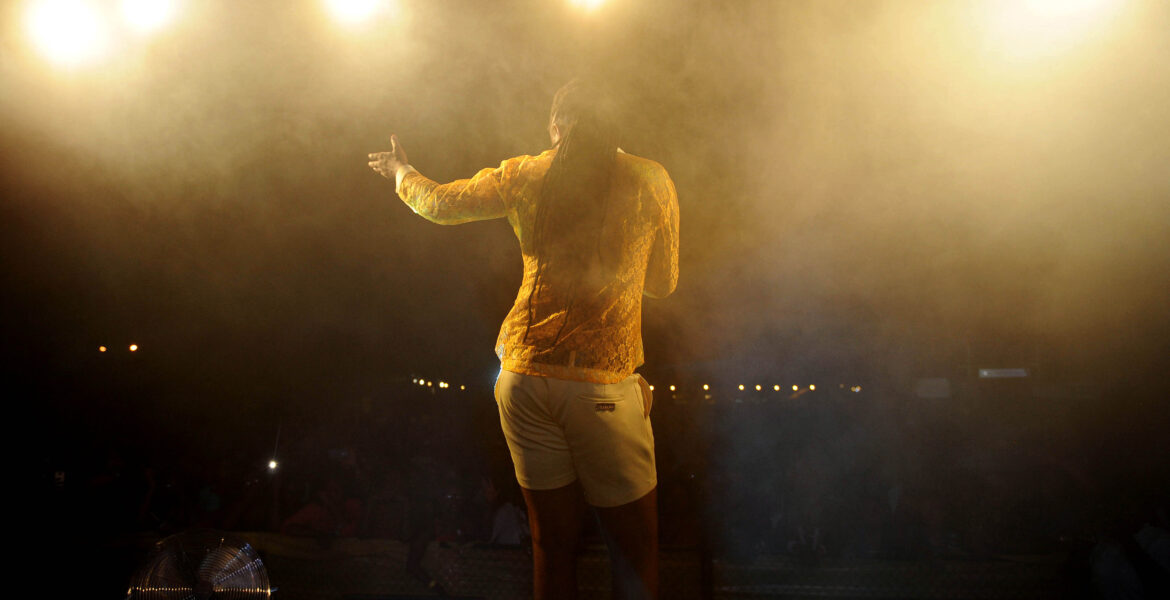- Quasi-judicial independent body to handle copyright infringement cases
- Panel described as a low-cost dispute resolution service
GOSEGO MOTSUMI
The Company and Intellectual Property Authority (CIPA) Copyright Arbitration is currently setting up a quasi-judicial panel for handling copyright infringement cases, the Communications Manager at CIPA, Marietta Magashula, has said.
In the meantime, CIPA will continue to provide advisory services to artists and help with appropriate steps for artists to take to resolve infringement issues in accordance with the Copyright and Neighbouring Rights Act.
The issue of copyright infringement came under sharp relief recently when jazz artists Thabang Garogwe and Lister Boleseng were embroiled in an infringement issue.
Amicable solution
“Artists have options to lodge their cases with the courts, based on civil or criminal procedures as stipulated by the Copyright and Neighbouring Rights Act,” Magashula said.
However, said Magashula, artists are advised to engage with suspected infringers to work out an amicable solution as a first step.
“In future, artists will be able to submit their disputes for resolution through the Copyright Arbitration Panel,” she said. “CIPA is currently setting up such a panel, which will be an independent, quasi-judicial panel that will handle such cases, including disputes.”
Lower cost
She described the Copyright Arbitration Panel as an alternative dispute resolution platform designed to provide dispute resolution services at a lower cost than the litigation process, which is expensive for most artists.
The panel, which will handle disputes around all copyright protected works, is expected to be operational during the 2024/25 financial year.
Magashula emphasised that copyright protection is automatic by nature because it comes into force as soon as an artist has created a work of art.
Depositing works
She noted that the copyright law (the Copyright and Neighbouring Rights Act) allows for voluntary depositing of copyrighted works with CIPA.
She explained: “The artist submits a physical copy of the work, copies of Omang and a letter from their producer (or affidavit if self-produced), and then they are issued an acknowledgment of the deposit.
“This acknowledgment document can form part of prima facie evidence for ownership of the work, should a court case arise.
Hologram
“Furthermore, the Botswana copyright law requires that every sound and audiovisual recording (CDs and DVDs) made available to the public in Botswana by sale, rental, lending or distribution or by any other manner for commercial purposes must have a hologram affixed to it.
The hologram, which is sold at CIPA offices, serves as evidence that the work it is affixed to is not pirated work; any work sold without a hologram is deemed to be pirated to infringe copyright.
Explaining further, Magashula said in a situation where an artist wishes to use the work or parts of the work of another artist, they must first seek authorisation from the originator of the work for doing so.
Monitoring own work(s)
This should be done through an agreement/contract to avoid copyright infringement lawsuits. To ensure that there is no copyright infringement, an artist must monitor their own works.
Once infringement is noticed, Magashula added, the artist must take the initiative to stop the infringement or negotiate compensation, either through the courts or out of court.

